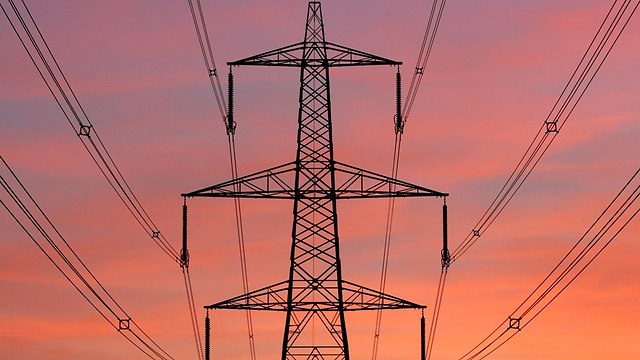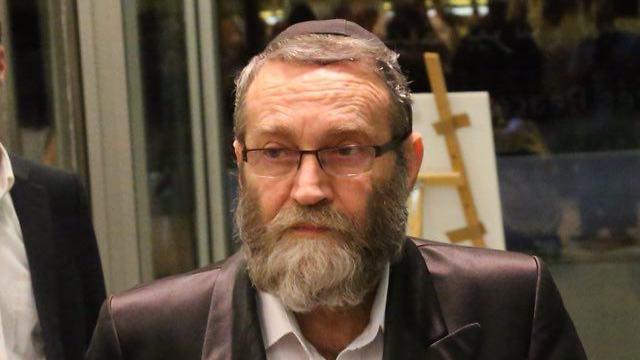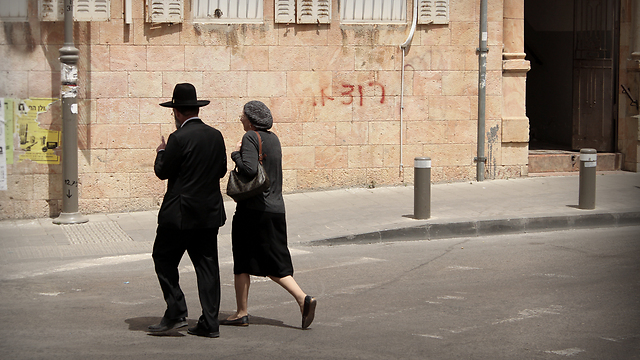
Ultra-Orthodox parties submit proposal for 'kosher' electricity
Knesset members from United Torah Judaism are proposing a plan to build small, private power stations in religious areas to provide 'kosher' electricity to residents; MKs propose taxpayers foot the bill for the expensive services associated.
The proposed stations are not only to be funded by the general, tax-paying public, but will also be disconnected from the national grid on Shabbat.
According to UTJ and other proponents, the proposal is meant to "prevent discrimination."
The new plan is officially being sponsored by the Committee for Energy on Shabbat, which is comprised of ultra-Orthodox activists and headed by Chairman of the Knesset Finance Committee, MK Moshe Gafni (UTJ), and Chairman of the Science and Technology Committee, MK Uri Maklev (UTJ).
According to a source in the Knesset, due to the current investigations into Prime Minister Benjamin Netanyahu—and his desire to maintain the stability of his coalition—the chances of the proposal being authorized are higher than normal.
Over the years, the ultra-Orthodox have claimed that the electricity that flows in Israel on Saturdays and holidays is "not kosher."
They claim that even if the electricity is activated on Friday night, or alternatively by using a Shabbat timer, Jews are still working at the power stations during Shabbat, and there are changes to the operations of the different stations according to various economic considerations.
Similarly, natural gas flow to the stations is also a problem for the ultra-Orthodox, because it too is operated by Jews.
"In the eyes of observant consumers, this constitutes a desecration of Shabbat that denies their ability to use electricity on the Shabbat and Jewish holidays, or alternatively compels them to compromise their consciences and religious beliefs," the committee wrote in their proposal to the government.
Under the proposal, in every neighborhood or community with a religious majority, a small, private power station will be built. These stations will be connected to the national power grid, but will be shut down during Shabbat or other religious occasions.
During the week, the stations will be powered by regular natural gas—through a series of pipelines that will also need to be financed by taxpayers—while on weekends and holidays, residents will receive "kosher" electricity from the private stations. However, during that time, the stations will be forced to use compressed natural gas, which is two to three times more expensive than standard natural gas.
The proposal includes a list of cities and communities including Elad, Bnei Brak, Beitar Illit, Beit Shemesh, Jerusalem, Modiin Illit and more.
In a conversation with Yedioth Ahronoth, UTJ officials proposed the stations be built by the private sector. However, it would appear as if many of the costs will be footed by the taxpayer.
"The costs of operation and management by the Israel Electric Corporation, as well as the cost of purchasing electricity from private producers, are generally divided among all consumers in Israel," wrote the committee. "Therefore, it is not logical the consumers in relevant areas will bear the special costs alone."













